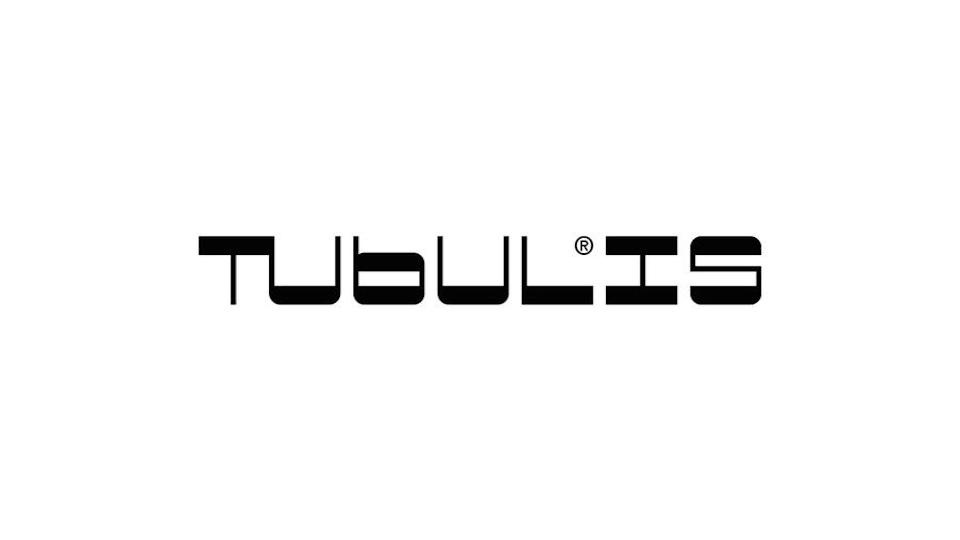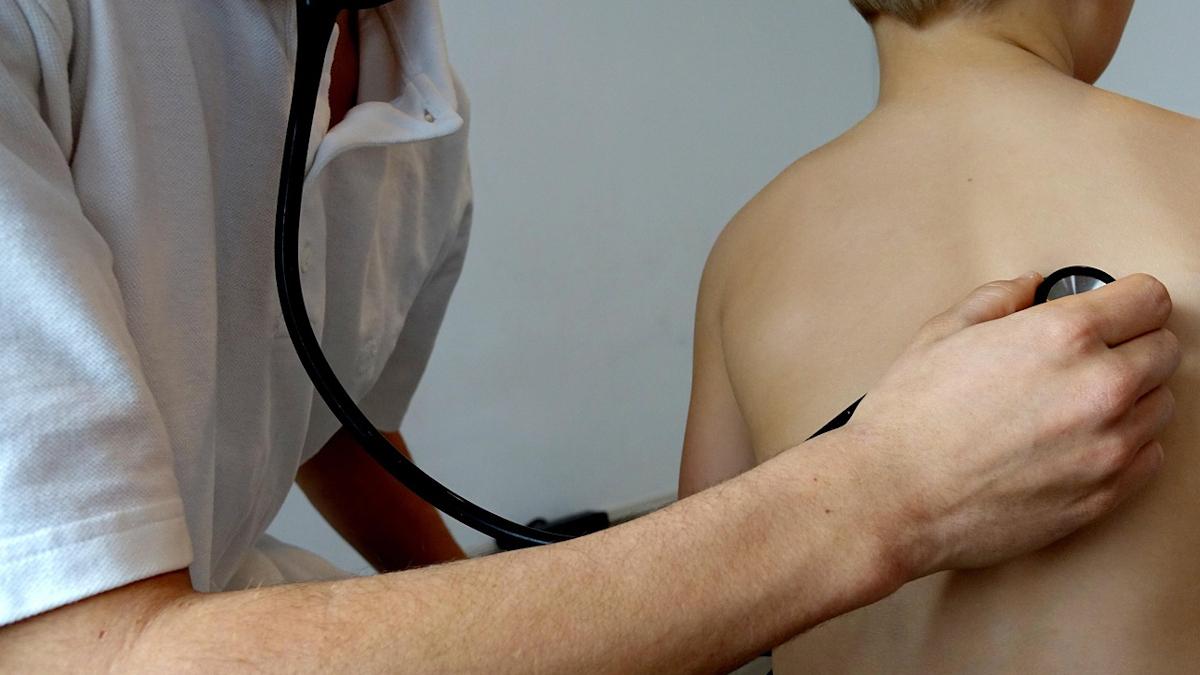German biotech Tubulis raises €128m for ADC trials

Munich-based antibody-drug conjugate (ADC) specialist Tubulis has completed a sizeable Series B2 financing that shows sustained investor appetite for the ADC category, particularly for companies with technologies that can enhance the safety of these drugs.
Tubulis has raised €128 million ($138 million) in the round, which will be used to move its lead solid tumour candidates TUB-030 and TUB-040 into clinical testing and expand the company with the creation of a US subsidiary. It follows a €60 million Series B in 2022 and a first round in 2020 that raised just under €11 million.
The company says its suite of technologies can help make ADCs more stable, reducing the toxicity that can occur if, for example, the payload drug is released from the molecule before it reaches the site of a tumour. At the heart of the platform is its Tubutecan topoisomerase I inhibitor payload, which can be joined to targeting antibodies using a novel P5 conjugation chemistry linker.
The promise of its approach attracted a $1 billion-plus partnership with Bristol-Myers Squibb a year ago.
TUB-040 targets Napi2b, a tumour antigen that is overexpressed in lung and ovarian cancers, while TUB-030 targets 5T4, an antigen that Tubulis says is found in a wide range of solid tumours. The company is due to present preclinical data on the pair at the American Association for Cancer Research (AACR) annual congress in April.
Along with funding clinical trials to the proof-of-concept stage – phase 1/2 studies should be underway before the end of the year – the new money will also be used to find new payloads “for the development of versatile and customisable ADCs,” said Tubulis.
The round was co-led by EQT Life Sciences and Nextech Invest, with participation from new US-based funds Frazier Life Sciences and Deep Track Capital, as well as all of Tubulis’ existing investors. EQT Life Sciences managing director Christoph Broja and Kanishka Pothula, managing partner at Nextech Invest, have agreed to join Tubulis’ board.
The impressive round comes as ADCs have started to overcome toxicity issues that plagued the first generation of approved therapies, driving a frenzy of dealmaking last year that included Pfizer’s $43 billion takeover of Seagen, MSD’s $22 billion licensing deal with Daiichi Sankyo, and AbbVie’s $10 billion acquisition of ImmunoGen.
“We are convinced that Tubulis will be at the forefront of this next wave of ADC therapeutics,” commented Pothula. “The team continuously pushes the boundaries of ADC design [and] is on the path towards providing new, high-quality treatment options for many hard-to-treat cancers.”













